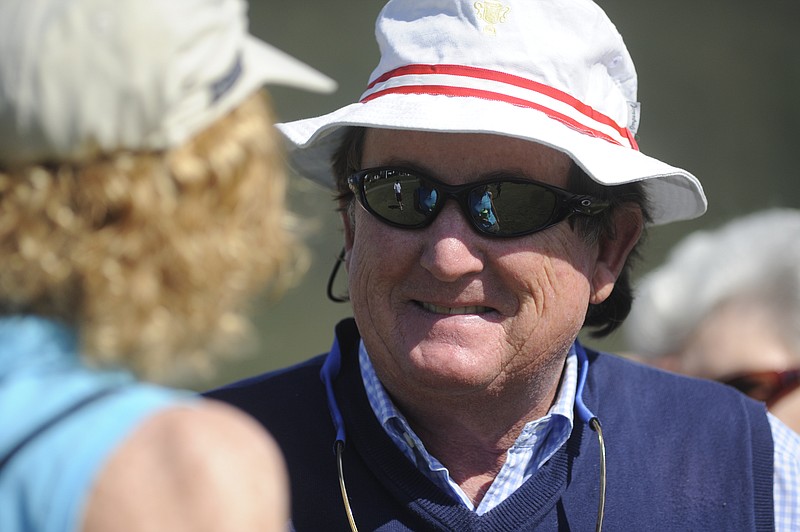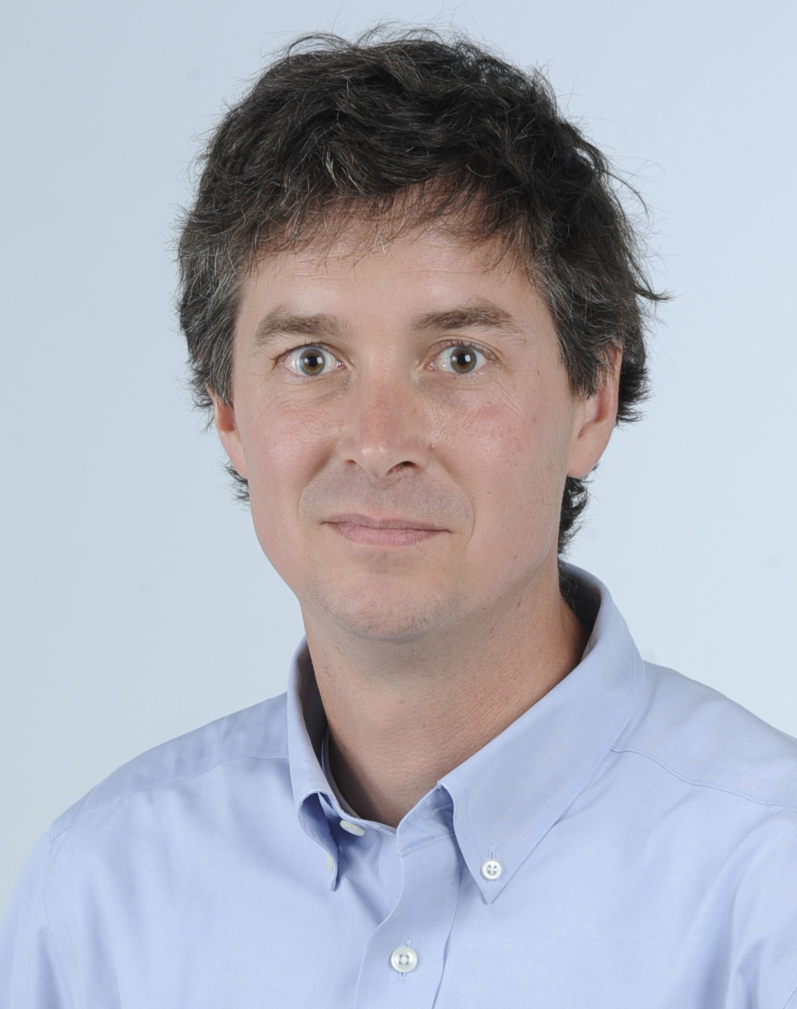"Follow me and I'll make you fishers of men." -- Gospel of Matthew
In 1984, King Oehmig drove three hours from Cartersville, Ga., where he was associate rector at an Episcopal church, to Americus, Ga., to meet Millard Fuller, who had founded Habitat for Humanity.
Back then, Fuller and his Habitat vision were not as embraced as they are today.
"Most of the upright folks ... thought he was a communist," Oehmig said.
As Oehmig told it, Fuller gave a bold talk at the local Rotary about poverty in Americus; it was a talk that ruffled some feathers. Some upright, upstanding feathers. At the end of the talk, one prominent citizen jumped out of his chair and angrily said: "We don't have that kind of poverty here in this good community. Prove it. Show me."
So Fuller invited them on tour of the forgotten and invisible parts of their city, under the bridges and overpasses, into the shacks and cracks where the poor lived and the affluent never went.
At the end of the trip, these prominent citizens all looked at Fuller, as if seeing for the first time.
We never knew, they said.
"Why? Because they only took three or four routes in their daily lives in the community, and the city planners had conveniently moved the poor to the fringes where they were rarely seen, except working as maids or yardmen in their homes," Oehmig said. "So the affluent were insulated from seeing poverty and its curse; they went from home to work, home to the country club, home to church, home to the grocery store, home to the YMCA, or home to Atlanta to see the Braves."
Ever since Oehmig told me this story, I've loved it. Yes, it says something about Fuller, but to me, it speaks more about King Oehmig.
He drove three hours just to meet Fuller.
He saw the truth of Fuller's vision at a time when many didn't. (A communist, remember.)
He understood that poverty-out-of-sight was poverty-out-of-mind, that we don't care about what we don't see.
He believed that the poor are always first in the heart of God.
"Remember the forgotten ones," he once told me, "who, even though forgotten by most of us in this life, are nevertheless cherished by God in the Larger Life."
Oehmig, who died Saturday at the age of 63, also lived a larger life. As golf coach at Baylor School, he won a fairway full of honors: 21 state titles, 20 players earning collegiate golf scholarships, six named NCAA All-Americans and five who made it to the LPGA or PGA.
"He was more than just a golf coach," said May (Wood) Frederiksen, who played at Baylor. "When he dedicated himself to being a golf coach, he dedicated himself to changing lives."
As Episcopal priest, he served at least three different parishes, most recently at The Church of the Nativity in Fort Oglethorpe.
"Around King, I felt something wonderful," one friend said.
"He opened the world to all of us, not just me," said Stephan Jaeger, a touring pro who played at Baylor.
"King loved the idea of others," said Becky Whelchel.
Whelchel runs Metropolitan Ministries, a sort of financial emergency room for our city's poor. Oehmig loved her work, and would stop by and visit with folks there, offering blessing and prayers.
"Peace of the Lord," he'd say. "God bless you, man."
"It was Kojak-like in delivery -- who loves you, baby -- but with a depth that passes all depths and despairs," Whelchel said. "Things were better because he had taken the time to drop by. Our guests talked about him after he left, and they smiled when they talked about him. They wanted me to tell them when he'd be back."
Earlier this month, just like every year, Oehmig, his wife, Margy, and son John played in the MetMin golf tournament. Oehmig could have beaten everyone there blindfolded.
He didn't.
Never even tried.
"King wasn't in it to win it and he wasn't in it to lose it," Whelchel said. "He was in it to be in it. He was there to enjoy being part of it."
He seemed to live in that sacred fulcrum between this world and the next; few people can do that with grace and backbone. Those who do, we usually call prophets.
King Oehmig understood that calling.
"Bringing to light that which we would rather not hear and see," he once said.
When he died, he was fishing in Georgia.
It seems somehow appropriate.
For years, Oehmig had been fishing for men, fishing for the hearts of those around him.
Contact David Cook at dcook@timesfreepress.com or 423-757-6329. Follow him on Facebook at DavidCookTFP.

